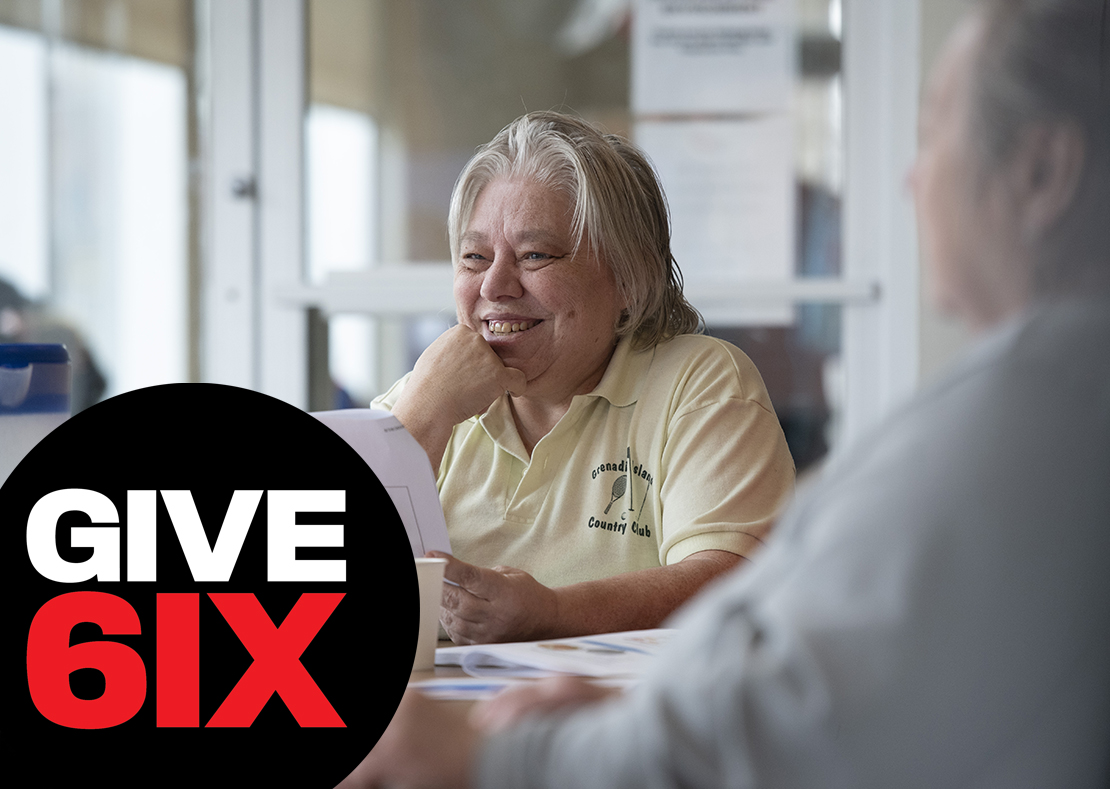Written by Angie Peters, President & CEO of YSM
We tend to think of poverty as something people experience because of choices they’ve made and – with better choices – they can overcome poverty.
What if poverty was largely due to experiences that have shaped lives? Circumstances which causing individuals to isolate for protection and to survive by avoiding the possibility of re-opening deep emotional wounds.
THE STATS
- Neighbours living with low-income or in poverty, as well as seniors, are the most vulnerable to social isolation which is known to have damaging impacts on health, well-being, and quality of life (1).
- Social isolation increases risk for physical health issues including impaired mobility, lung disease, arthritis, infectious illnesses, heart disease and death (2).
- Depression, anxiety, social stigma, dementia and risk of cognitive decline are prevalent in those experiencing isolation (3). Social exclusion can cause low self-esteem, feelings of powerlessness, self-blame and avoidance of interactions with community (4).
- Canada’s Suicide Prevention Service saw a 62% increase in direct interventions regarding suicide attempts during the pandemic with one of the top risk factors being social isolation and loneliness (5).
MEET SUSAN
When Susan* came to YSM she was living in a rooming house with many others, sleeping on the floor. Growing up in foster homes, Susan had experienced multiple traumas and consistent negative messages: she was not worth anything; would never amount to anything, and above all, should shut up!
So she did. Susan would enter YSM quietly, get her meal and leave as silently as she’d arrived. She wished to be invisible. She felt worthless and didn’t dare hope for better. Slowly, however, after meeting YSM staff she began to open up.
COMMUNITY CHANGED EVERYTHING
- Donors enabled YSM staff to engage Susan in a journey towards hope
- Volunteer Mental Health counsellors helped heal her past traumas
- Volunteer workshop leaders taught Susan new skills and invited her into a candle business where Susan learned she had “mad skills” for business and customer service
- Volunteers served meals and engaged her in conversation providing space for Susan to reconnect with her sister
- A mentor helped Susan navigate her world of new relationships and opportunities
- Tutors assisted in her return to school to become a Personal Support Worker
In the fall of 2020 Susan married Doug*! Today they are happy and working toward their shared goals, surrounded by a community that loves them.
Susan’s life is so much more positive because she now knows her value and her community regularly affirms it. She shows up confident, capable and hopeful.

HOW CAN WE HELP?
Most of us have been gifted with loving families who, though not perfect, gave us a sense of self-worth and equipped us to engage in life more fully.
Sadly, many don’t receive this gift and their lives head in a downward trajectory. But past issues need not be a life sentence – people want more – they just need someone to affirm their worth and show them how to build a better future.
Everyone needs community. At YSM we’ve seen that once someone overcomes the barrier of isolation everything else becomes much easier.
If you see yourself in Susan’s story – interested in serving a community meal, leading a workshop, mentoring or tutoring – find an agency near you and get involved! If you see someone along your path who looks like they need to be noticed, get to know them. It’s often as simple as just saying “hi”, listening and responding as you would for any of your friends.
*Names changed to protect privacy.
Continue your GIVE 6IX learning journey:
Further reading: GIVE 6IX: Bystanders No More, Overcoming the Health Barrier, Overcoming the Affordable Day Care Shortage and Overcoming Barriers to Employment. Subscribe below to get the next article directly to your inbox.
Learn more about GIVE 6IX at ysm.ca/GIVE6IX
*Name and photo changed to protect privacy.
Subscribe: GIVE 6IX LEARN
Subscribe to receive updates about upcoming GIVE 6IX webinars and articles.
Mount Saint Vincent University & Centre on Aging Nova Scotia, A Profile of Social Isolation in Canada
Proceedings of the National Academy of Sciences of the United States of America, Social Isolation, Loneliness, and All-cause Mortality in Older Men and Women
National Library of Medicine, A review of Social Isolation: an Important but Under-assessed Condition in Older Adults
Health Sociology Review, Left out: Perspectives on social exclusion and inclusion across income groups
Mental Health Commission of Canda, COVID-19 and Suicide: Potential Implications and Opportunities to Influence Trends in Canada Policy Brief

